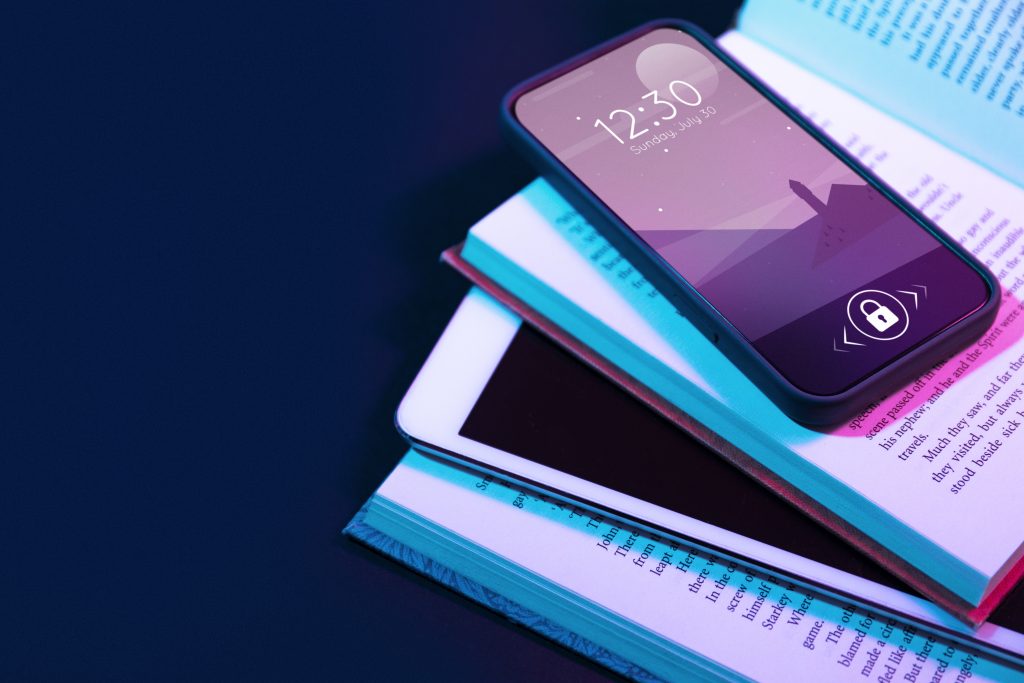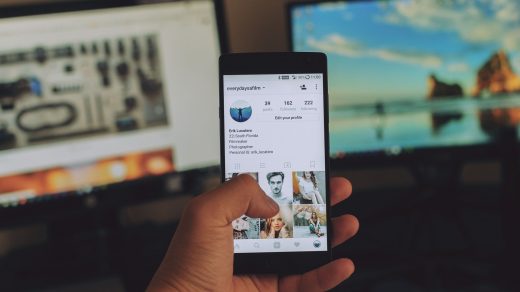There is no escaping it: technology has ingrained itself into our society like a parasite. A considerable body of literature explores the history of technology. For instance, Marshall McLuhan refers to media as “an extension of ourselves.”1 However, for the sake of this blog post, and in light of the shortened attention spans many face today, I want to emphasise that you have more control over your life than you might think.2
It is no secret that young adults are often depicted with a phone in their hands. News reports frequently portray them as zombie-like creatures glued to their screens 24/7.3 Many blame these devices for declines in mental and physical health, as well as intellect. We often hear the older generation reminiscing about how, back in their day, people would go out, meet at social places, and engage in conversation. While there is some validity to their point, times and our modes of communication have evolved. What those news reporters often overlook is the type of content being consumed. Perhaps a young person is messaging their mom or practising their daily five-minute Duolingo lesson. For example, I spend my time watching video essays, listening to educational content, keeping up with the news, and connecting with people from around the world. Occasionally, I also take online courses offered by accredited institutions that I would not be able to attend otherwise.

How can they blame us for using our phones incessantly when they also encourage this behaviour? Courses are increasingly being offered on digital media, class schedules are only available online, we are bombarded with QR codes, and assignments must be submitted digitally. Each day brings discussions on artificial intelligence. Is it good? Is it bad? Will it lead to our downfall or be our saviour? Even newspapers now have dedicated sections for technology and AI.
As someone with a myriad of interests, I find myself in a grey area. I appreciate the tactile experience of a good paperback, yet I also enjoy the efficiency of my e-reader. I am captivated by history and eager to envision what the future holds. My imagination flourishes on a blank canvas, just as it does with digital devices. My family and I love to play card games together, and we also enjoy laughing while playing games on the Nintendo Switch. These examples illustrate how everyday people in a digitalised society are often unjustly stereotyped. While there are exceptions, most of us are navigating our lives in conjunction with digital technology.

We live in an era marked by trailblazers who are on the brink of breakthroughs in science, technology, and society. Magazines are expanding their reach via the internet, fashion is embracing augmented reality, people are transforming into avatars, and cryptocurrencies like Bitcoin seem to be gradually replacing cash. It’s truly fascinating to witness the advancements occurring around us.
Within my social circles, I have noticed a trend of “romanticising” life; academia in particular is a popular focus point. On Instagram and TikTok, creators share videos and images of everyday things, such as a cup of coffee or a scenic landscape. This trend suggests a sense of dissatisfaction with our current lives. According to the Oxford Dictionary, to “romanticise” means:
to describe something in a way that makes it seem better than it actually is or to believe something is better than it truly is. 4
This indicates a desire for improvement in our lives. While there is nothing wrong with wanting to enhance your life, the way this desire is communicated can seem peculiar. The Instagram posts and TikTok reels, often embellished with magical sounds and sparkles, depict life as more present, less chaotic, and more organised. They present an idealised view of mundane moments. In a world bombarded by recurring advertisements and notifications, many yearn for a quieter, simpler life, one free from overflowing inboxes, colourful posters, and traffic noise. Neutral colours, like beige and brown, have surged in popularity, especially in fashion and home decor.5
Despite this ongoing romanticisation, we continue to cling to our screens, as if we prefer a romanticised life from a distance rather than truly living the lives we desire. This raises questions about whether there is an underlying fear. Are we afraid of reaching our full potential or taking the necessary steps to do so? Why do we choose to keep our distance from our desires for improvement? Quoting the wise Yoda:
Do or do not. There is no try. 6
To embrace life fully, one only needs to look away from the screen for a moment and take in one’s surroundings. In “The Medium is the Message,” McLuhan points out that all media engage the viewer in different ways. He argues that the focus should be on the medium itself rather than the content. Building on this idea, I believe we have control over our choice of medium. Whether we opt to read a paperback book, an e-book, or neither, we have the autonomy to select what works best for us. It is not a lifelong decision; you can choose what suits you in the moment.

────── ⋆⋅☆⋅⋆ ──────
Footnotes
- McLuhan, Marshall, Eric McLuhan, and W. Terrence Gordon. Marshall McLuhan Unbound 17, The Medium Is the Message / Introd. by W. Terrence Gordon. Corte Madera, CA: Gingko Press, 2005. ↩︎
- Sarah D’Aurizio, “Are Attention Spans Actually Decreasing? — The Center for Brain, Mind and Society,” The Center for Brain, Mind and Society, September 5, 2025, https://brainmindsociety.org/posts/are-attention-spans-actually-decreasing. ↩︎
- “Young People – Representation of Age – GCSE Media Studies Revision – BBC Bitesize,” BBC Bitesize, December 15, 2022, https://www.bbc.co.uk/bitesize/guides/zx6qsg8/revision/1.
↩︎ - “Romanticize,” September 10, 2025, https://dictionary.cambridge.org/dictionary/english/romanticize.
↩︎ - Substack, “Why Is the World Losing Color?” The Culturist, April 2, 2025, https://substack.com/home/post/p-160406461 ↩︎
- Star Wars: The Empire Strikes Back, directed by Irvin Kershner, 1980, Disney+
↩︎



Recent Comments